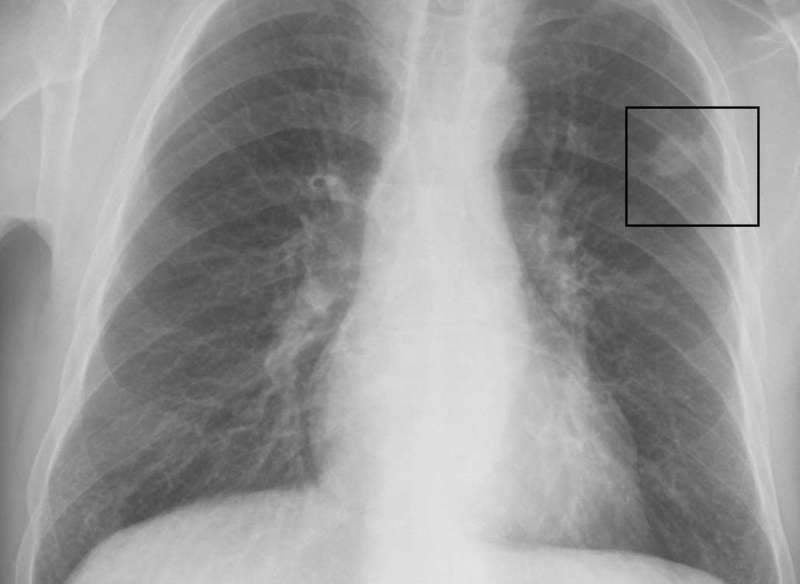
Pivotal has partnered with Spanish pharmaceutical cooperative Apro to carry out three different oncology clinical trials to test two new unnamed drugs, which have been tested in two different bladder cancer trials and in one prostate cancer trial.
The investigator sponsored trials will be designed to validate the hypothesis of a synergistic mechanism of action and, specifically for the immunotherapy drug, an induced treatment-related autovaccination.

Discover B2B Marketing That Performs
Combine business intelligence and editorial excellence to reach engaged professionals across 36 leading media platforms.
Competent Authorities and the corresponding Ethics Committees have already approved the trials, which has started patient enrolment.
The trials’ principal investigator Dr Bellmunt said: “Investigator Sponsored Trials expand product knowledge and search for new ways to use existing treatments, thus improving the health of many patients.”
The first trial is a Phase II clinical study that will include unfit bladder cancer patients, who will be treated with a combination of chemotherapy and an anti-PD-L1.
It is expected to provide input on the potential molecular biomarkers of response and resistance to better select the best candidates for immune checkpoint blockade in urothelial cancer.

US Tariffs are shifting - will you react or anticipate?
Don’t let policy changes catch you off guard. Stay proactive with real-time data and expert analysis.
By GlobalDataIn the second study, a combination of chemotherapy and an anti-PD-L1 will be tested for the treatment of prostate cancer.
The Phase Ib trial will enrol patients progressing after at least one line of chemotherapy and one line of new agents targeting the androgen receptor signalling axis.
It also aims to examine the safety and tolerability of the combination and will use a modified CRF designed to evaluate response criteria using response evaluation criteria in solid tumours (RECIST), iRECIST and Prostate Cancer Working Group 3 (PCWG3).
The third trial will investigate a combination of a new targeted therapy with chemotherapy in second or further lines in patients with bladder cancer.
All three trials will have exploratory endpoints such as predictive biomarkers of response and resistance.





